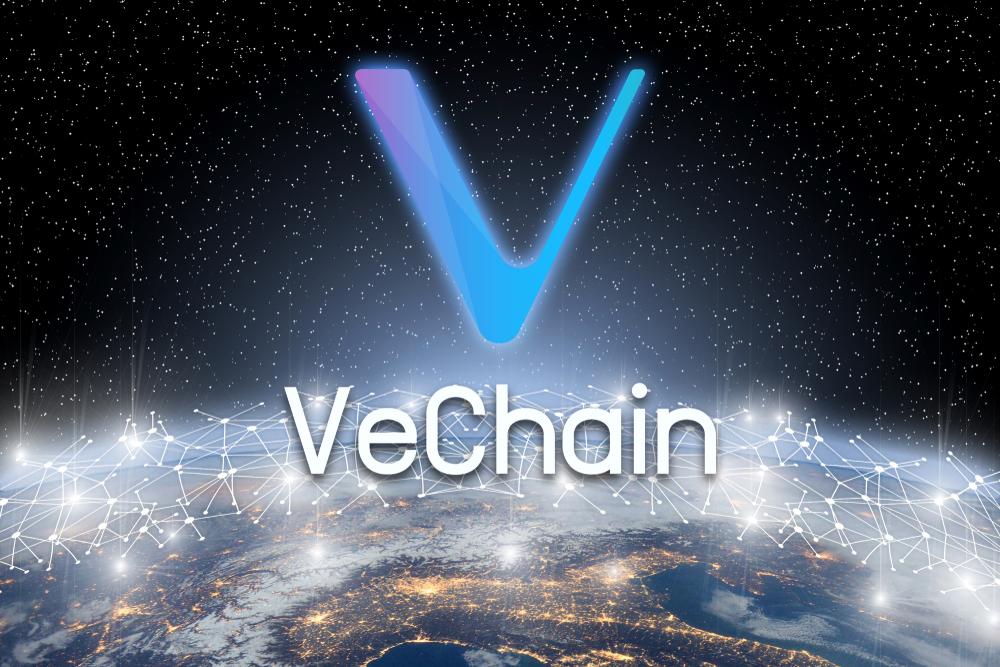ARTICLE AD BOX

- Crypto exchanges, having evolved since 2010 to adapt to market changes and regulations, face the opportunity of 10% of global assets potentially being tokenized by 2030.
- Global regulations are progressively impacting digital asset custody practices, with countries such as Japan and Hong Kong enforcing cold storage solutions.
In 2009 when Bitcoin launched, it introduced the world to decentralised digital currency, paving the way for the establishment of the first cryptocurrency exchange, The BitcoinMarket. Launched in March 2010, BitcoinMarket set the stage for the emergence of top players in cryptocurrency exchanges today, such as Coinbase, Binance, and Kraken.
Whether it’s meeting shifting customer expectations, enduring volatile crypto cycles, or adapting to new regulatory standards, the crypto exchanges have embraced the mantra: change is the only constant. As projections from the finance sector indicate that nearly 10% of global assets may be tokenized by 2030, exchanges now face a pivotal opportunity.
Tokenization is a key focus for blockchain technology, with the potential to generate $16 trillion by 2030, significantly surpassing the total value of all cryptocurrencies.
Ripple being the leading provider of cross-border payment and digital asset custody solutions, provided a custody guide for Crypto Exchanges.
Digital Asset Applications
Cryptocurrency exchanges are considered a secure way to facilitate the trading of cryptocurrencies worth billions of dollars, thus, they are poised to benefit from the upcoming $20 trillion digital asset market opportunity. To seize this growth, a strong and customizable institutional crypto custody solution is needed. This solution will help meet the rising demand for secure storage and management of digital assets.
Implementing this infrastructure will enable exchanges to address key customer needs, including enhanced security, access to diverse tokens, reduced fees, and regulatory compliance. It will also expand the range of use cases, including transaction settlements, derivatives trading, and spot trading of various crypto assets.
Countries like Japan and Hong Kong that have implemented cold storage regulations understand the potential risks of not having these measures in place, as well as the benefits of it. Cold storage involves storing digital assets offline, thus removing them from internet access and enhancing security.
Notably, European nations and those in the Asia-Pacific region are actively working to clarify custody rules, with initiatives such as the Markets in Crypto-Assets Regulation (MiCA).
Fostering Institutional Adoption
Recently, Ripple’s custody service experienced significant growth, with a 250% increase in new customers over the past year, serving major financial institutions and cryptocurrency firms in regions such as the U.S., U.K., and Singapore. This shift signifies Ripple’s evolving position within the financial sector.
As reported by CNF, Ripple unveiled a guide to support banks interested in digital asset custody. The Ripple Advantage lies in Ripple Custody, which provides exchanges and banks with a streamlined path to growth through a combination of secure asset management, and compliance with global standards.
Its all-in-one platform facilitates settlement for the seamless handling of digital assets, and robust connectivity with emerging financial technologies in the DeFi and Web3 space. Meanwhile, XRP trades at $0.6576, gaining 7.24% in the past day to bring its weekly gains to 22.30% amid a 167.17% surge in trading volume.
.png)
 1 week ago
1
1 week ago
1








 English (US)
English (US)